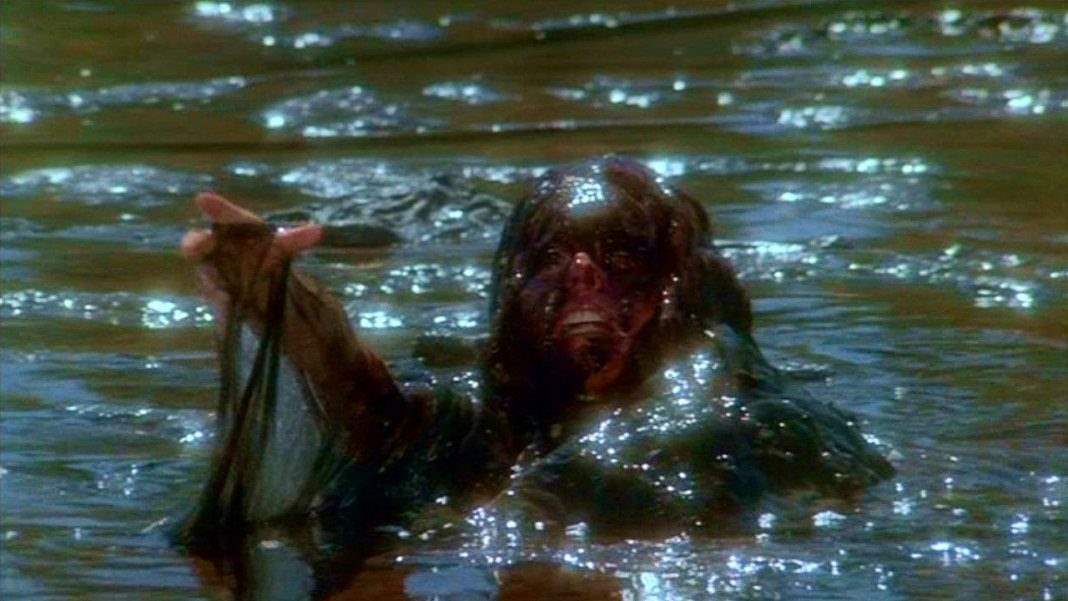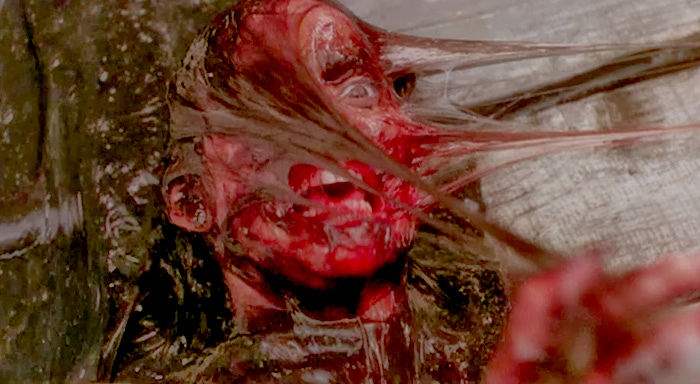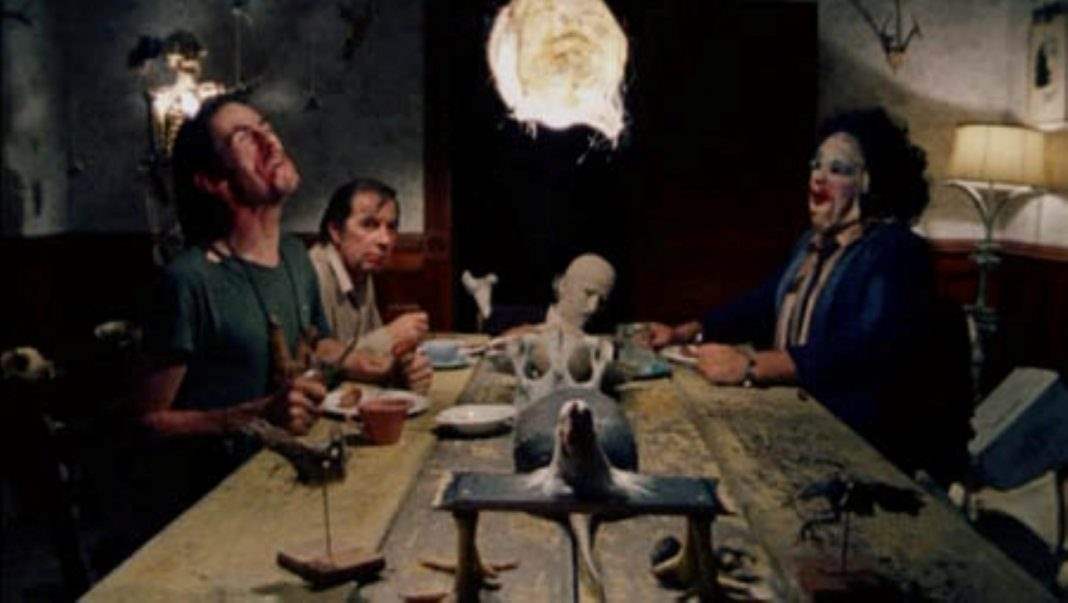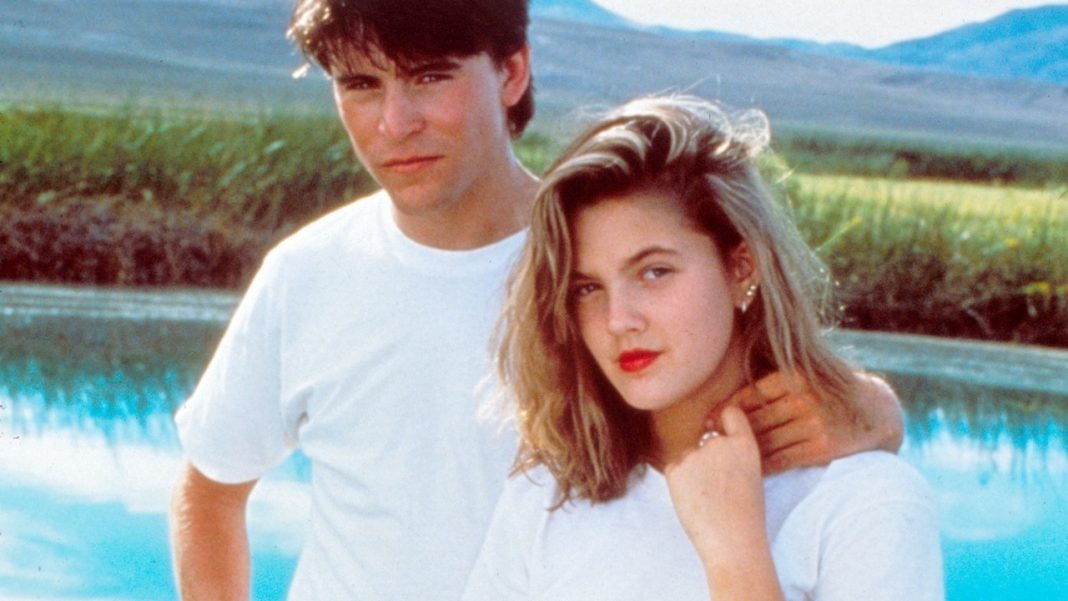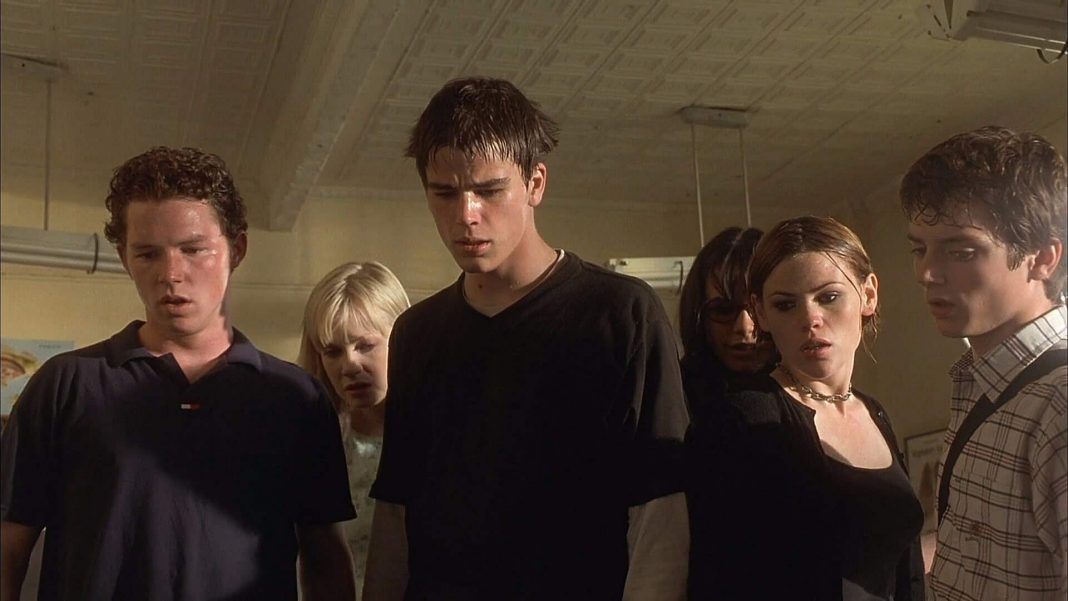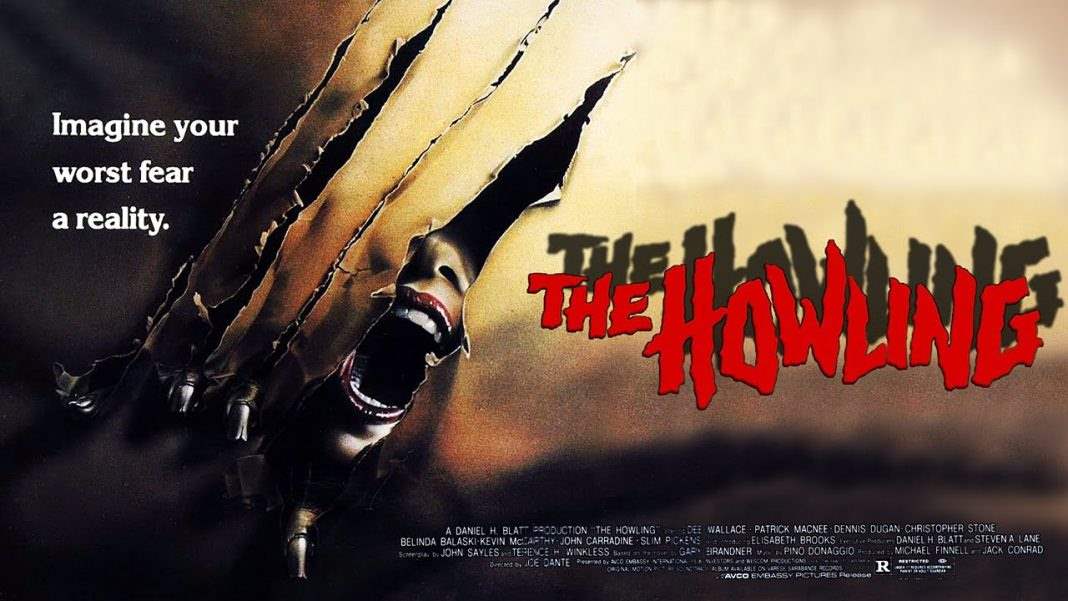While the anthology movie is a great and unsung type of horror feature, films of that type usually have the same set of problems. They rarely balance out the stories in a way that satisfies viewers and fans. By and large, anthologies have those one or two stories that everyone raves about and then a bunch of others that are all but forgotten. Trilogy of Terror, for example, is renowned for the story featuring a doll terrorizing Karen Black in her apartment, but who can remember anything of the stories surrounding it?
Great as it is, Amicus’ classic original British production of Tales from the Crypt features no less than three stories with a focus on raising the dead. Even the incredible first Creepshow has two of those, although they are probably different enough in their execution to warrant their respective existence, they’re still about the murdered dead returning for revenge.
While Creepshow 2 may not be the better film, it has one of the best and most diverse assortments of stories of any anthology feature ever. Even though Stephen King did not return to write the script himself, George Romero took over writing duties—with the uncredited Lucille Fletcher—as he passed the directing torch to longtime cinematographer Michael Gornick. Stephen King is all over this project, though, even if he didn’t write the script for it himself. The second part of the anthology “The Raft” is based on a story of King’s that appeared in the collection Skeleton Crew, while the third—“The Hitchhiker”—was actually written by King to appear as the final story in the original Creepshow before it was cut and replaced with “They’re Creeping Up on You.”
 The story works much better here. For one, it would have been a fourth “vengeful dead guy” story if left in the original Creepshow. More than that, it fits the campy, tongue-in-cheek but not outright comedic tone that makes Creepshow 2 work as well as it does. Each of the stories in Creepshow 2 has a sense of humor, but that’s really the only thing connecting them. They stand on their own very well.
The story works much better here. For one, it would have been a fourth “vengeful dead guy” story if left in the original Creepshow. More than that, it fits the campy, tongue-in-cheek but not outright comedic tone that makes Creepshow 2 work as well as it does. Each of the stories in Creepshow 2 has a sense of humor, but that’s really the only thing connecting them. They stand on their own very well.
“Old Chief Wooden Head,” the first story, is entirely from the mind of Romero. But it is definitely Romero trying to do a Stephen King-esque story. It may be the least interesting of the three and definitely has the worst effects, but it is well written. There’s some extremely quotable dialogue from the three teens who cause most of the trouble within its narrative. And for a dark revenge tale, it is actually a lot of fun, especially when the lead villain’s catchphrase is ‘This hair’s gonna get me paid and laid.”
It’s the cheesiest of the three, but also the one that most embraces its cheesiness. It’s also the segment that comes the closest to the tone and style of a slasher film, albeit an obviously short one. The deaths are quick, but creative and naturally give a sense of ironic justice that keeps Creepshow 2 somewhat in the vain of the EC Comics stories that so heavily inspired the first film.
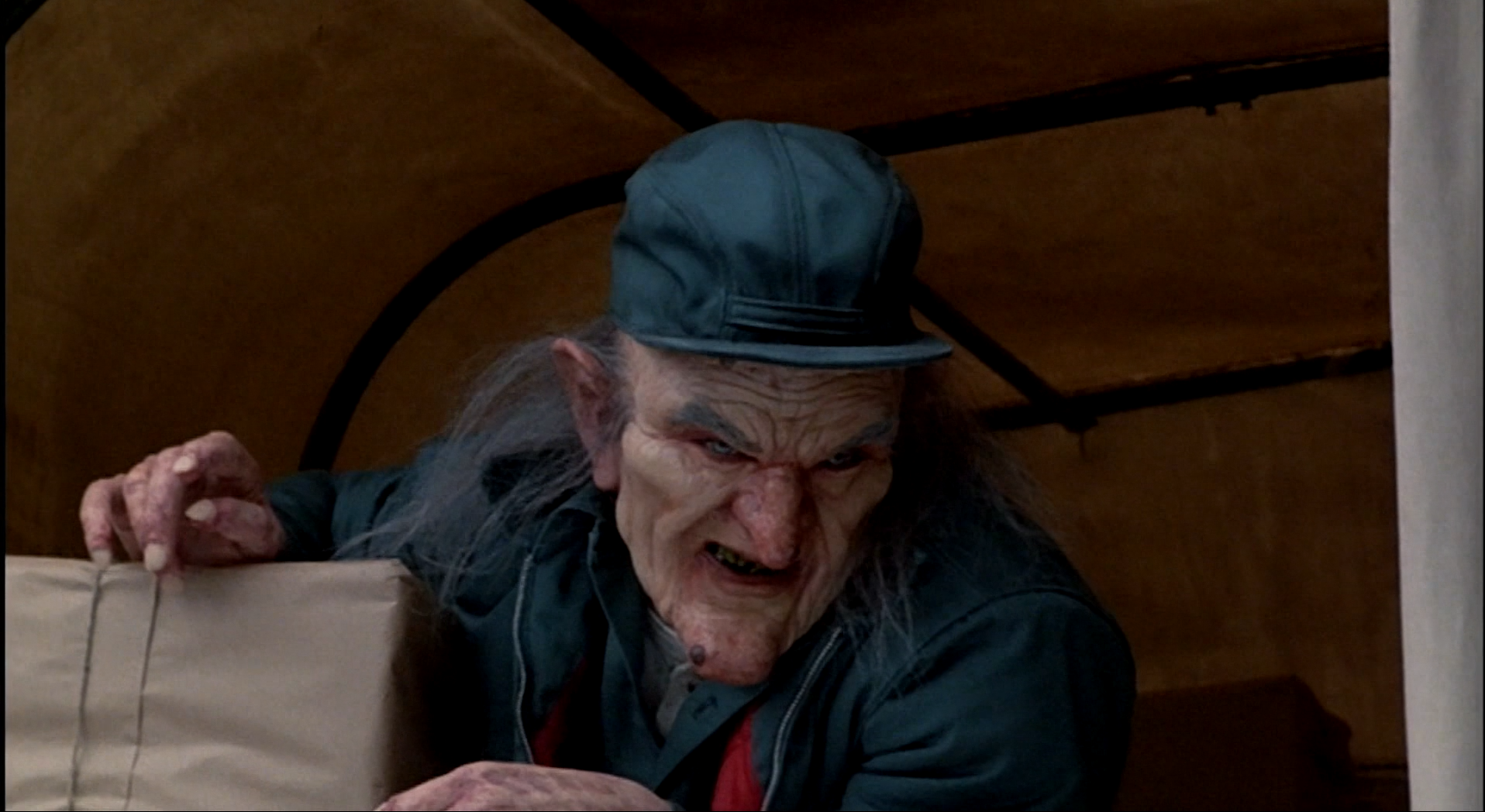 The second story, “The Raft” is the one that people remember most. For some reason, it feels so much like an 80’s teen movie that I think viewers tend to forget that one was written by Stephen King. He’ll write about children constantly, as well as adults, but teenage characters rarely make up the full cast of anything he’s done. This makes “The Raft” stand out in a pretty interesting way. It also is a story with an interesting premise that happens to work very well.
The second story, “The Raft” is the one that people remember most. For some reason, it feels so much like an 80’s teen movie that I think viewers tend to forget that one was written by Stephen King. He’ll write about children constantly, as well as adults, but teenage characters rarely make up the full cast of anything he’s done. This makes “The Raft” stand out in a pretty interesting way. It also is a story with an interesting premise that happens to work very well.
It also easily has the best effects of the three. Creepshow 2 was one of the first movies that KNB provided the effects for after completing their work on Evil Dead 2. They came in initially to work under another effects artist who, for the most part, wasn’t working out that well. In the end, each member of the team wound up taking point on crafting and designing the main effects for each of the three stories, with barely any time to actually create the things they were envisioning. This did lead to some inconsistencies between the segments, with “The Raft” being the strongest. There’s some amazing stuff here. The thing itself is not that impressive to look at. It’s supposed to look like a living oil slick, but mostly looks like a trash bag floating in the water. When it comes into contact with humans, however, things get inventive. We see a girl dissolve before our very eyes, we see a guy folded up and pulled down between the boards. There’s even a girl who gets her face melted off.
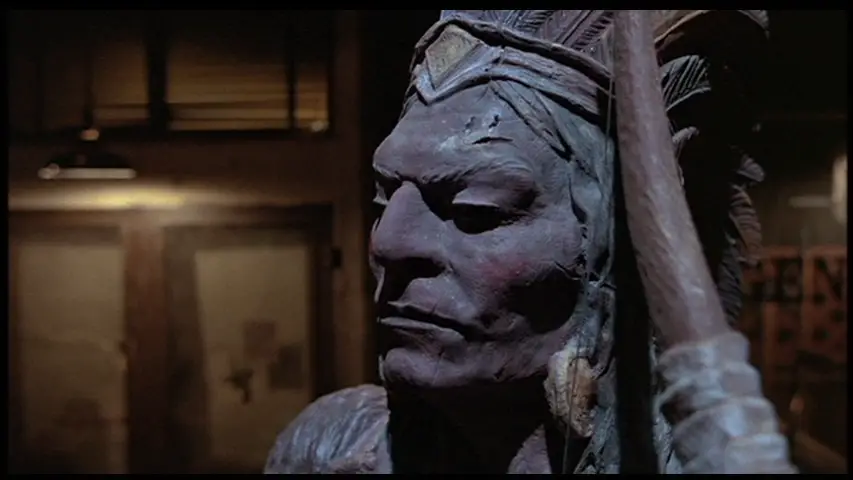 I watched Creepshow 2 pretty often as a kid, but one thing I noticed when revisiting it for this article is that none of the characters in “The Raft” are great people. Or rather, the girls seem okay, but the guys are pretty terrible. Even the one who’s supposed to be the nice guy is clearly interested in the other guy’s girl and barely pays attention to his own girlfriend. Then, while fending off an attack from a hungry alien thing—or whatever it is—he tries to rape the other girl the moment she falls asleep. It’s hard to root for this guy, especially when he turns out to be our “survivor.” Still, this one has that classic Creepshow sick sense of humor, especially at the end.
I watched Creepshow 2 pretty often as a kid, but one thing I noticed when revisiting it for this article is that none of the characters in “The Raft” are great people. Or rather, the girls seem okay, but the guys are pretty terrible. Even the one who’s supposed to be the nice guy is clearly interested in the other guy’s girl and barely pays attention to his own girlfriend. Then, while fending off an attack from a hungry alien thing—or whatever it is—he tries to rape the other girl the moment she falls asleep. It’s hard to root for this guy, especially when he turns out to be our “survivor.” Still, this one has that classic Creepshow sick sense of humor, especially at the end.
“The Hitchhiker” is probably my favorite of the bunch. Like many portions of the feature as a whole, this one’s filmed around where I grew up in areas that I knew pretty well. Even though it was written for the first movie, it definitely feels more at home in the second anthology. It’s a small story, really just focusing on one woman and her ghostly problem: She just ran somebody over and the guy is not about to let her forget it.
All in all, the three segments are excellently balanced. They’re good, they’re surprising and they’re all different which makes Creepshow 2 a very easy anthology to get into. Even the wraparound has a different feel, although it’s harder to watch, not because it’s animated, but because the animation style is choppy and a little rough to look at. I don’t think anyone was expecting a follow-up to Creepshow to actually have a more diverse assortment of tales than the first, especially given how sequels to Stephen King projects typically tend to go. Everything about it is unexpected. It doesn’t have to be on par with the first to be a great anthology in its own right.
